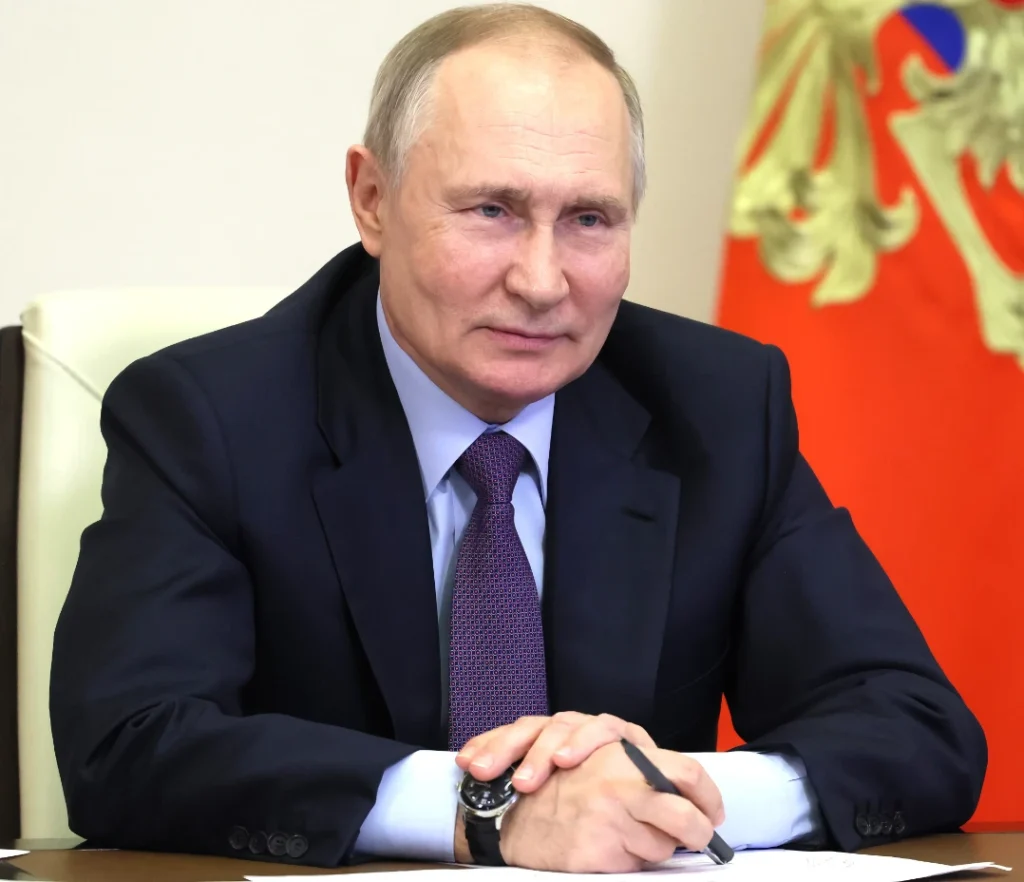In recent years, the Ukrainian conflict has been plagued by various claims and counterclaims regarding the presence of Nazi elements within Ukraine. Russian President Vladimir Putin has been one of the most vocal proponents of these allegations, accusing Ukraine of harboring extreme right-wing groups with ties to the Nazi ideology. This article delves into the validity of Putin’s claims and examines the complexities surrounding the issue of Nazis in Ukraine.
Background
To understand the context, it is important to acknowledge Ukraine’s complex history, which includes instances of collaboration with Nazi Germany during World War II. However, it is crucial to distinguish between the actions of a few individuals and the broader sentiments of the Ukrainian population.
Examining Putin’s Claims
1. Political Rhetoric vs. Reality
Putin’s allegations should be viewed within the larger geopolitical context, as political rhetoric often plays a significant role in shaping public opinion. Accusing a neighboring country of fascist sympathies can serve as a tool to discredit Ukraine, especially amid the ongoing conflict.
2. Influence of Far-Right Movements
While Ukraine has seen the rise of certain far-right elements, it is essential to distinguish between neo-Nazi groups and nationalist organizations advocating for Ukrainian independence. Groups like Azov Battalion have been accused of harboring extremist views, but their significance within Ukrainian society remains contested.
3. Role of the Euromaidan Movement
The Euromaidan movement played a crucial role in Ukraine’s recent history, leading to a change in government and subsequent tensions with Russia. It witnessed a diverse range of participants, including nationalists, liberals, and pro-European individuals. It is inaccurate to label the entire movement as Nazi-inspired or far-right-dominated.
4. Historical Revisionism
It is worth noting that both Russia and Ukraine have engaged in historical revisionism to promote their respective narratives. These narratives often exploit nationalistic sentiments to shape public opinion and consolidate power.
5. International Observations
Many international organizations and observers have monitored the situation in Ukraine closely. Reports from reputable sources like Human Rights Watch, Amnesty International, and the United Nations have acknowledged the presence of right-wing groups in Ukraine but have stopped short of labeling the country as Nazi-infested.
Oversimplifying a Complex Situation
While the Ukrainian conflict undoubtedly has elements of far-right influence, categorizing the entire nation as a breeding ground for Nazis oversimplifies a complex situation. Putin’s claims should be critically evaluated, considering the broader geopolitical context and acknowledging the nuances within Ukrainian society. It is crucial to rely on objective evidence and factual observations from reputable sources when forming opinions about such sensitive subjects.
